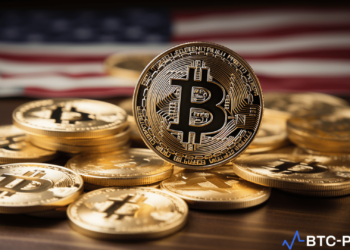Coinbase-Backed Advocacy to Lift Tornado Cash Sanctions
Six individuals, determined to overturn the United States Treasury’s decision to sanction Tornado Cash, have presented four robust arguments in support of their motion. The narrative is not about creating unique rules for emerging technology, but an issue of alleged government overreach and potential First Amendment violations.
Coinbase’s Standpoint and the Group Behind the Filing
Coinbase’s chief legal officer, Paul Grewal, brought the arguments into the limelight via a Twitter thread, suggesting that the government is misusing a property sanctions statute to restrict open-source software, contradicting the law’s original intentions.
Coinbase has publicly supported the lawsuit against the U.S. Department of Treasury, filed initially on Sept. 8, 2022. The six plaintiffs behind the filing include Joseph Van Loon, Tyler Almeida, Alexander Fisher, Preston Van Loon, Kevin Vitale, and Nate Welch. The filing revealed that the majority of the group had prior interaction with Tornado Cash.
Four Key Arguments Presented
The first argument centers on the Treasury’s effort to label Tornado Cash as a foreign “national,” a necessary step to validate its action. This classification, according to the plaintiffs, contradicts the Treasury’s own definitions and testing methods, therefore making it unfounded.
The second contention is that the open-source smart contracts that empower Tornado Cash cannot be considered property as they cannot be owned.
Even if these smart contracts were recognized as property, the plaintiffs’ third argument underscores that no Tornado Cash entity has any vested “interest” in them, hence the Treasury lacks the authority to impose sanctions.
The final argument suggests that even if the Treasury had the authority, sanctioning Tornado Cash could infringe on the First Amendment. The Treasury cannot justify this action by proposing Tornado Cash users exercise free speech elsewhere.
Initial Sanctions on Tornado Cash
The Treasury first imposed sanctions on a number of addresses associated with Tornado Cash on August 8, 2022, shortly after the user interface code was open-sourced. This lawsuit brings to light the complexities and challenges of regulating digital assets and blockchain technology.










